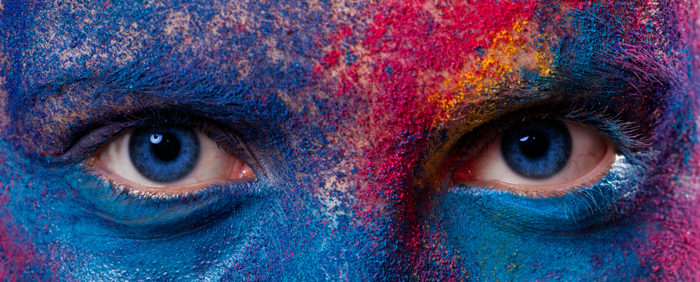On March 8th, 2021, Meghan Markle and Prince Harry were interviewed by Oprah Winfrey. During the interview, the Duchess of Sussex Meghan Markle discussed how she was treated within the royal institution and the racism she experienced while living in Buckingham Palace. Meghan also spoke about the state of her mental health at the time. She claimed that the mistreatment she experienced caused her to become suicidal and she felt discouraged from reaching out for help. As a rehab center in Lake Worth, we know that even the most famous people aren’t immune to mental illness. We advocate for mental health care and we appreciate celebrities like Meghan Markle who speak out about their mental health and spread awareness about this topic.
Questions about our Programs?
Our admissions coordinators are available 24/7 to answer any questions you may have as you consider whether treatment at Banyan is right for you or your loved one.
Mental Health Community Reacts to Meghan Markle’s Interview
Meghan Markle’s suicidal thoughts sparked conversations about mental health all over the internet and on social media following her interview with Oprah Winfrey. While some people reacted positively to this admission, others were more critical. Many individuals, including celebrities, were suspicious about Meghan’s claims of racism and bullying against the royal family. Numerous tweets and social media posts broke down her experiences with racism, prejudice, and mental health issues, claiming they were false or bait to gain public attention. It’s easy to assume that Meghan’s title as Duchess of Sussex has given her a wide range of opportunities and support that the average person may not have. However, a person’s status or financial situation doesn’t make them immune to mental illness. Meghan Markle also claimed to have experienced racism and prejudice from the royal family and others connected to it. This form of mistreatment can be especially hard on the mind. Despite her status, the stress of being married into a new family, living in the public eye, living within certain public restrictions, and having children can all be overwhelming.
Fortunately, there were plenty of other celebrities and friends of Meghan’s, including Halle Berry, Chance the Rapper, Gabrielle Union, Roxane Gay, and Jameela Jamil, who supported her and congratulated her courage to speak up about her experiences and suicidal thoughts.
Get a Free Insurance Verification Today!
"*" indicates required fields
Celebrities Speaking Out About Mental Illness
Like many other public celebrity confessions, Meghan Markle’s suicidal thoughts sparked a media frenzy. Although some people believe her confessions are an attempt to gain more public attention, others can relate to her mental health struggles. Nearly one in every five adults in the United States lives with a mental illness; that’s around 51.5 million people. In England, one in every four people will experience a mental disorder. Mental illness is a serious cause for concern all over the world. When celebrities like Meghan Markle speak out about their mental health problems, it encourages others to share their struggles as well. Celebrities are also put on a pedestal by many because of their public status. It’s easy to forget that these individuals are just people who also face certain emotional and mental struggles. As a rehab center that offers a variety of mental health programs, we understand how inspiring and encouraging celebrities can be when it comes to speaking out on important matters like mental illness.
The mental health community responded to Meghan Markle’s interview in support. Many individuals who watched the interview were inspired by the Duchess’s honesty. Her story goes to show that mental illness does not discriminate and can occur in anyone.
Allow Meghan Markle’s mental health story to encourage you to get help. If you or a loved one is battling a mental illness, call Behavioral Health of the Palm Beaches now at 561-220-3981 for more information about our depression recovery treatment and additional programs we offer.
Sources:
- 1. NIH – Mental Illness
- 2. NHS – Adult Psychiatric Morbidity in England – 2007, Results of a household survey
Related Reading:













